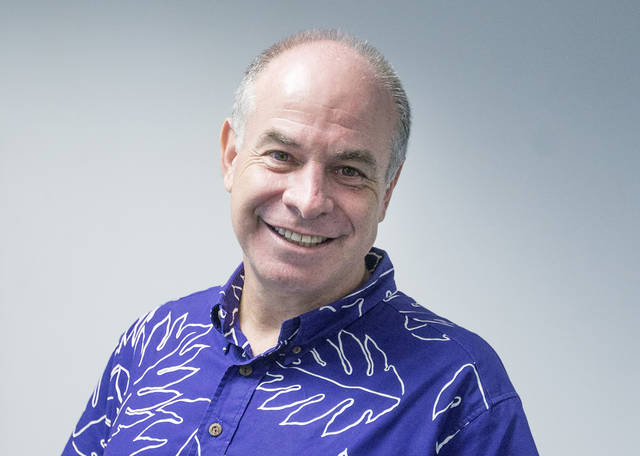Hawaii County, the birthplace of an actress’ initiative devoted to DNA testing of rape kits, is getting a federal grant to bring in experts to clear out its rape kit backlog.
The County Council on Friday is set to approve Resolution 742, authorizing an agreement with the state attorney general in order for the county to receive $280,498 in federal funds to clear a backlog of 189 rape kits.
In addition to paying for DNA testing at a mainland lab, the money will pay for experts to work through the old cases to determine if they can be prosecuted, said County Prosecutor Mitch Roth on Monday. Money also will be used for training, he said.
Roth said many of the rape kits aren’t as much a backlog as cases where a suspect admitted to intercourse but claimed it was consensual.
Since prosecutors already knew whose DNA was likely in the sample, they didn’t bother with the expense of sending it off for testing, Roth said. In other cases, there might not have been enough evidence that meets the standard of beyond a reasonable doubt to present to a jury. But adding the information to CODIS, the Combined DNA Index System database, could help pinpoint serial rapists, he said.
“We’re not expecting a lot of hits to come back, we’re not expecting a lot of difference,” Roth said. “But we’ll see if these are prosecutable cases. … And we’ll put them into CODIS to help someone else down the line.”
The push for rape kit testing became a nationwide effort after its beginnings on Hawaii Island.
The Joyful Heart Foundation, which was founded in 2004 in Kailua-Kona, was the brainchild of Mariska Hargitay, who plays Lt. Olivia Benson on NBC’s “Law &Order: Special Victims Unit.” It’s since spread to a nationwide effort, headquartered in New York City.
“Since 2010, Joyful Heart has made the elimination of the national rape kit backlog our top advocacy priority,” the foundation’s Ilse Knecht said in April 3 testimony to the state Legislature. “The stakes for the local community could not be higher; in Hawaii, one in seven women have been raped. Any sexual assault survivor who consents to an invasive rape kit examination does so with hope that it will lead to justice, and it is up to us to make sure every single rape kit connected to a reported crime is submitted to the laboratory and tested in a timely manner.”
Gov. David Ige in July signed into law HB 2131, creating a Hawaii Sexual Assault Response and Training Program to address the manner in which rape kits are processed and tracked and to ensure victims of sexual assault are informed of their rights under the law. The measure, which appropriated $350,743, requires counties to provide an annual status report to the Legislature.
Email Nancy Cook Lauer at ncook-lauer@westhawaiitoday.com.






